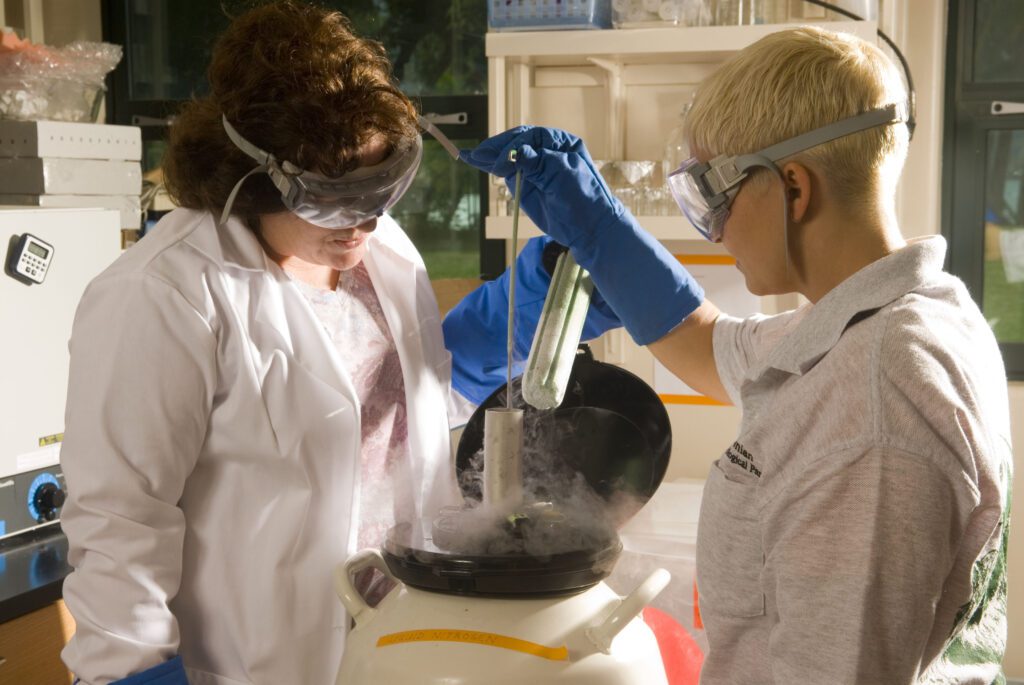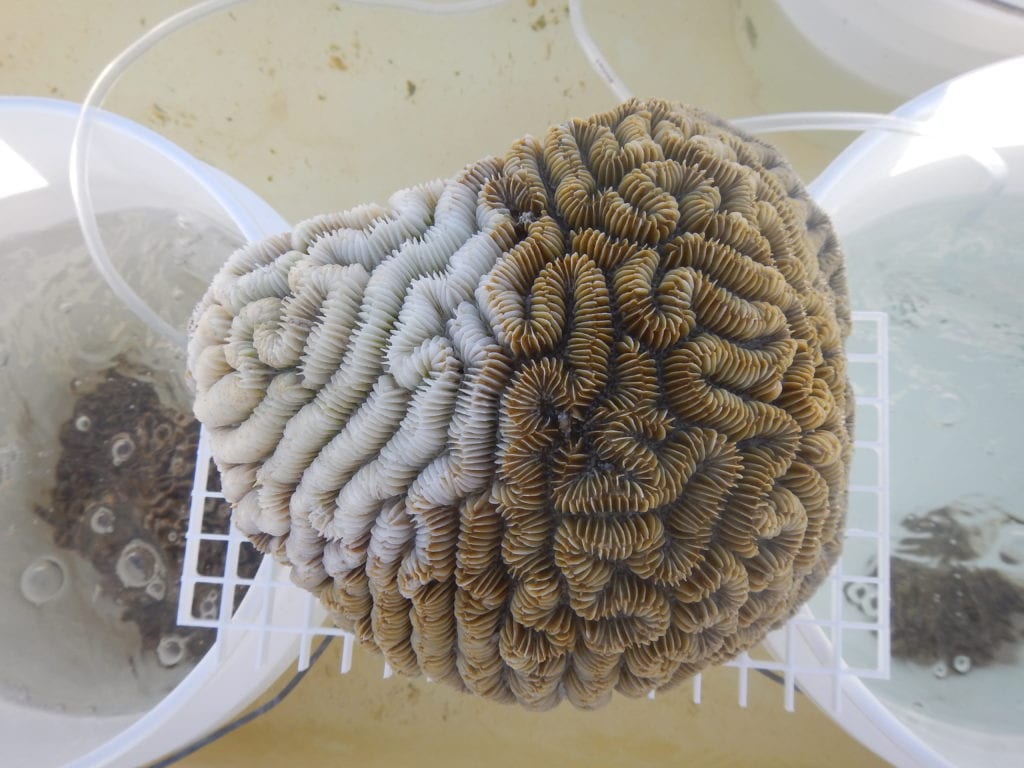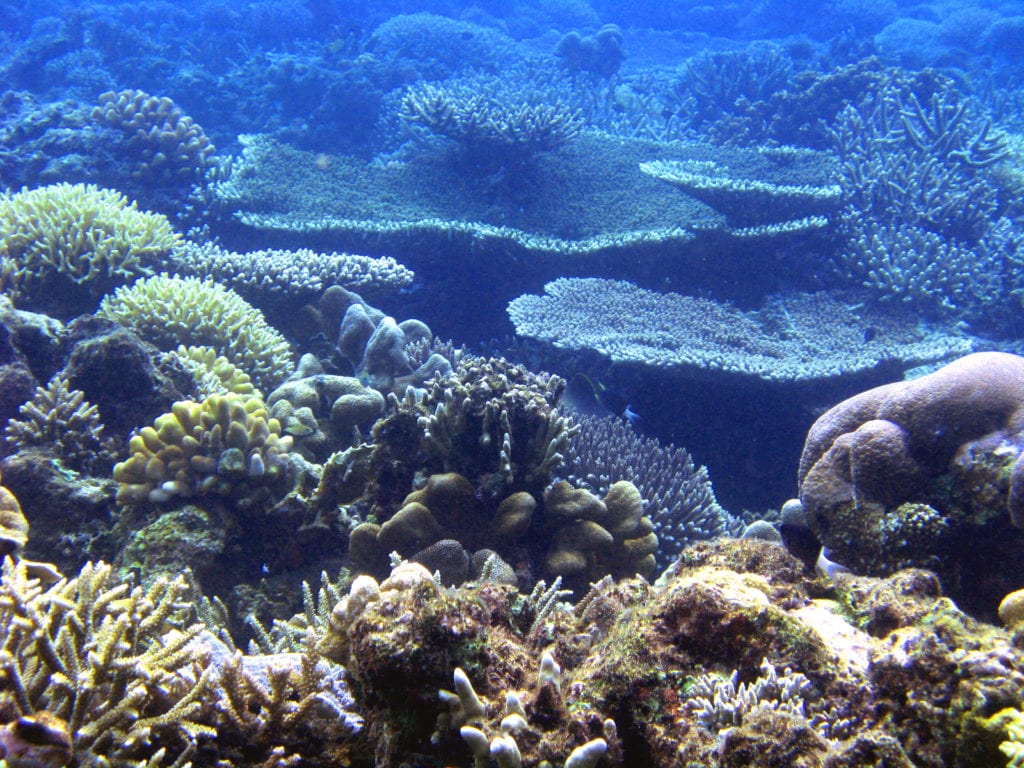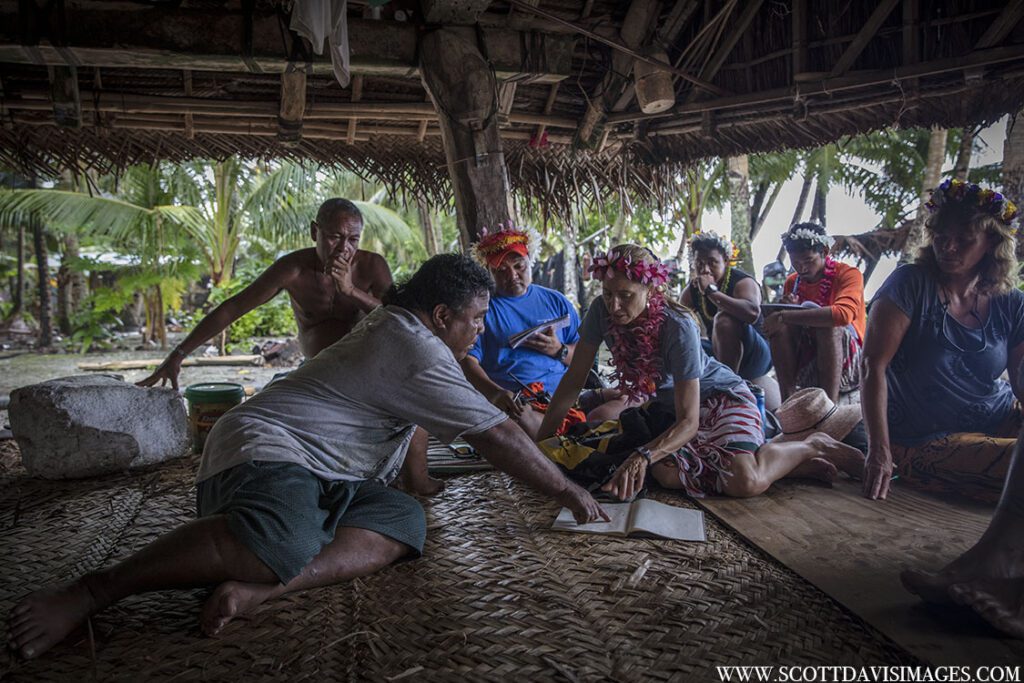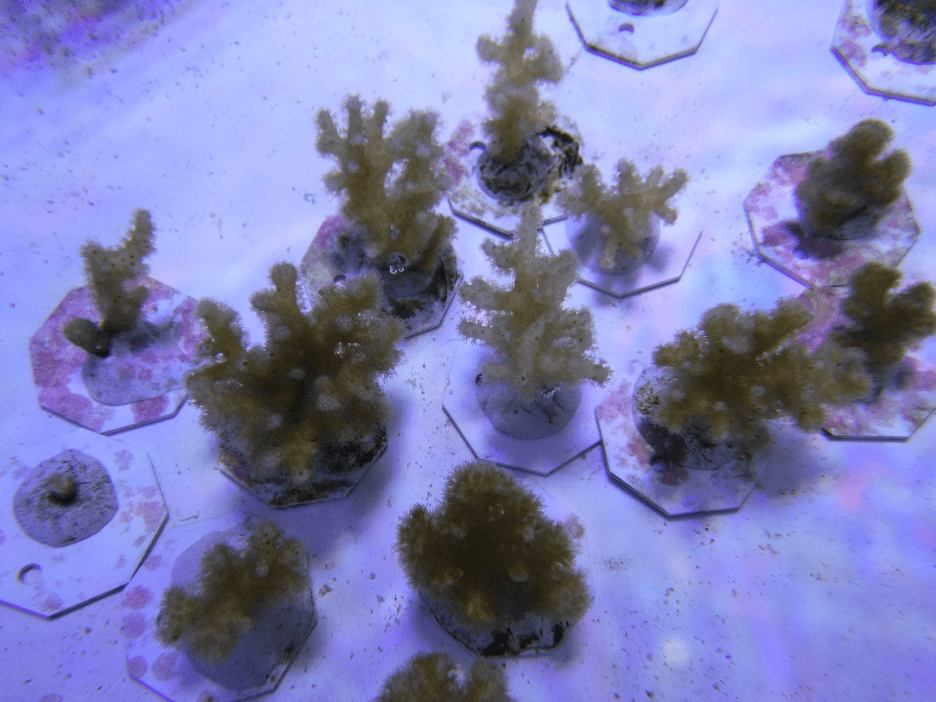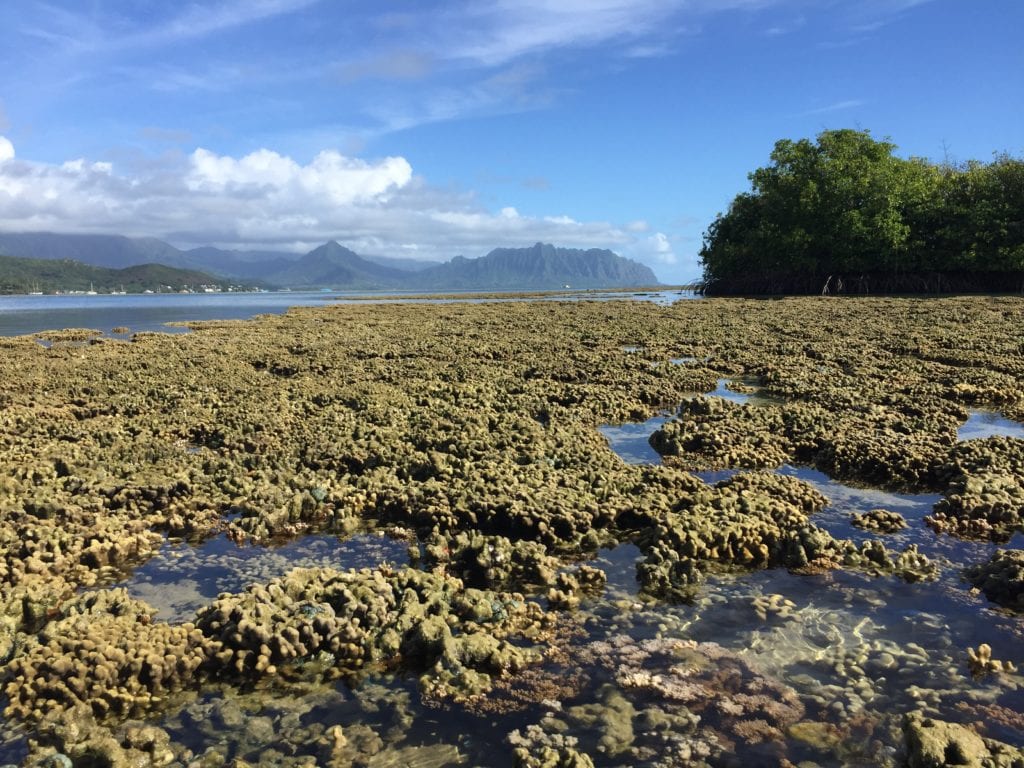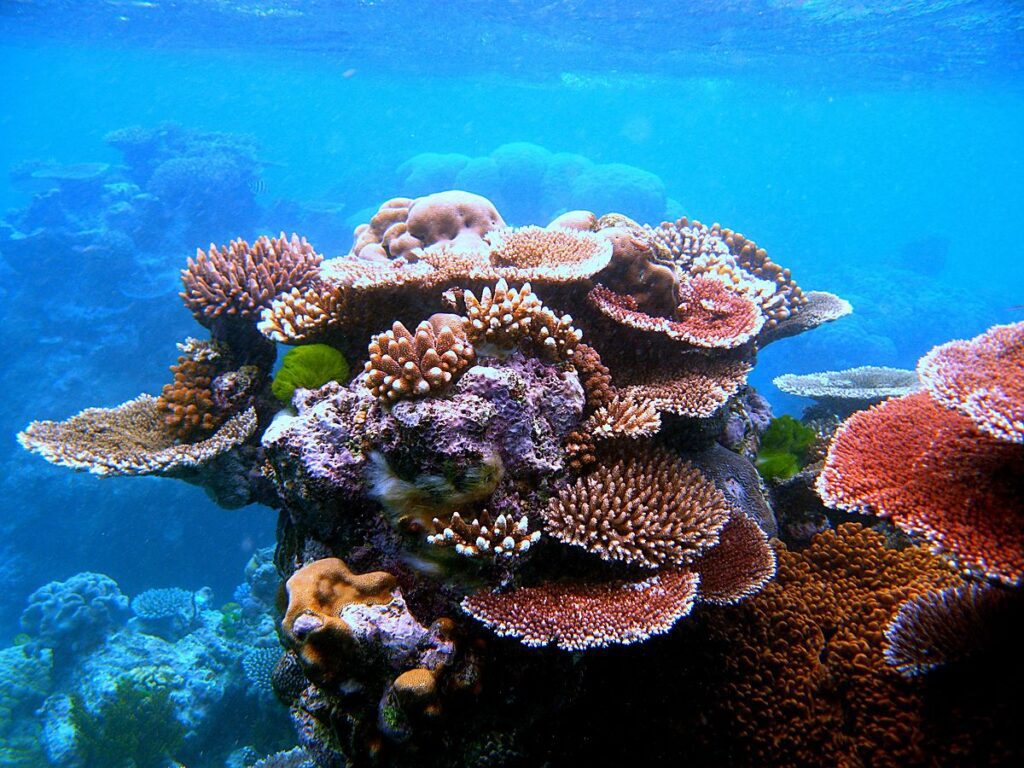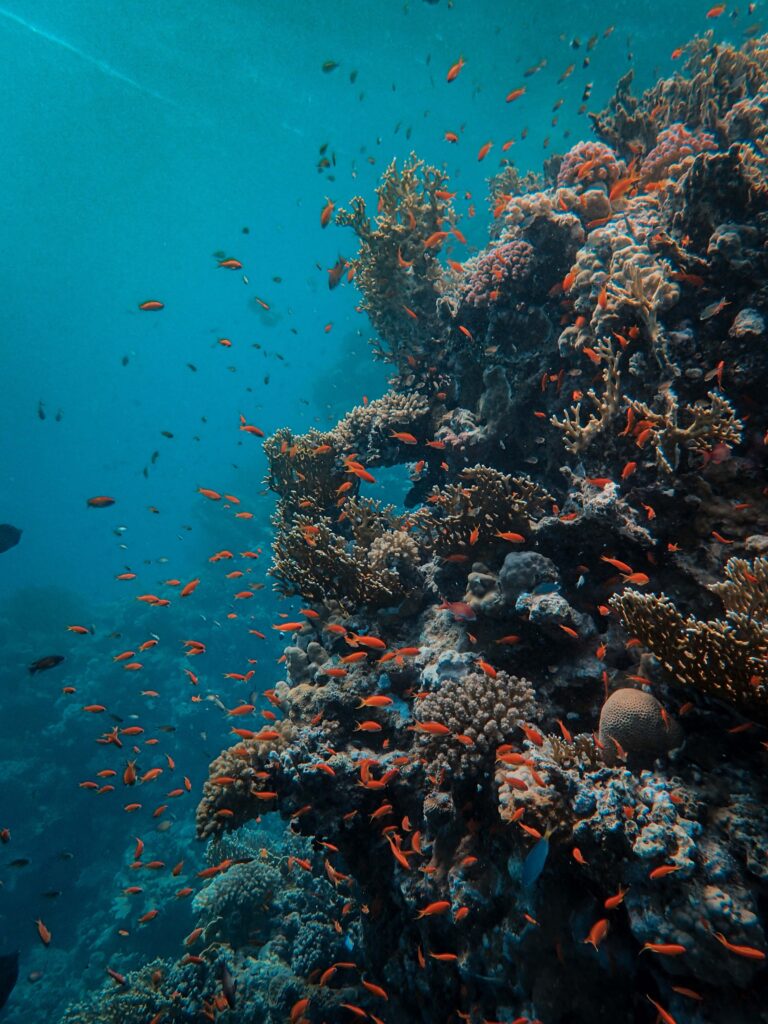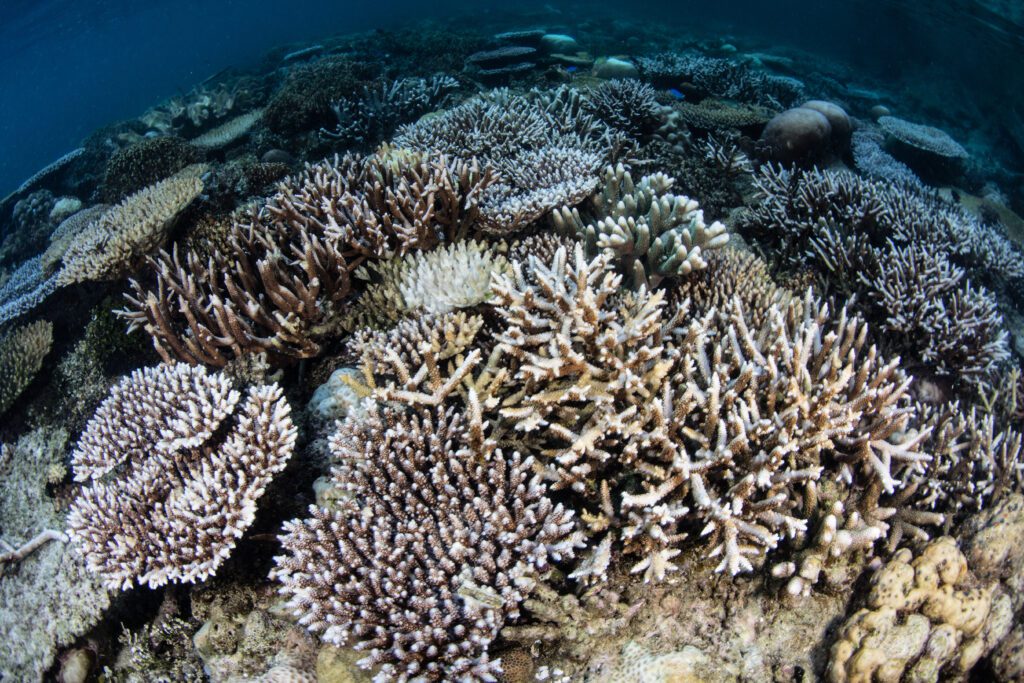Blake Ushijima, University of North Carolina Wilmington
Stony coral tissue loss disease (SCTLD) is now one of the greatest threats to Caribbean coral reefs, having spread from Florida into the greater Caribbean in just the past seven years. Unidentified pathogenic bacteria are believed to be involved with SCTLD. Currently, the only effective treatment is an antibiotic, which poses its own dangers to the marine environment.
The objective of this project is two-fold: First, biomedical technologies and advanced robotics will be applied in the development of a high throughput system for isolating, culturing, and testing potentially effective probiotics as a treatment for SCTLD. Secondly, synthetic molecules called peptide-conjugated morpholino oligomers (or PPMOs) will be used to remove specific groups within the microbial communities on corals to help identify pathogenic strains responsible for SCTLD, a novel use for PPMOs. The long-term implication of this work is the development of new technologies that have the potential to revolutionize the field of environmental microbiology for studying and fighting diseases.
SCTLD (in white) encroaches on maze coral (Meandrina meandrites), one of many stony coral species susceptible to the disease | Ushijima Lab


